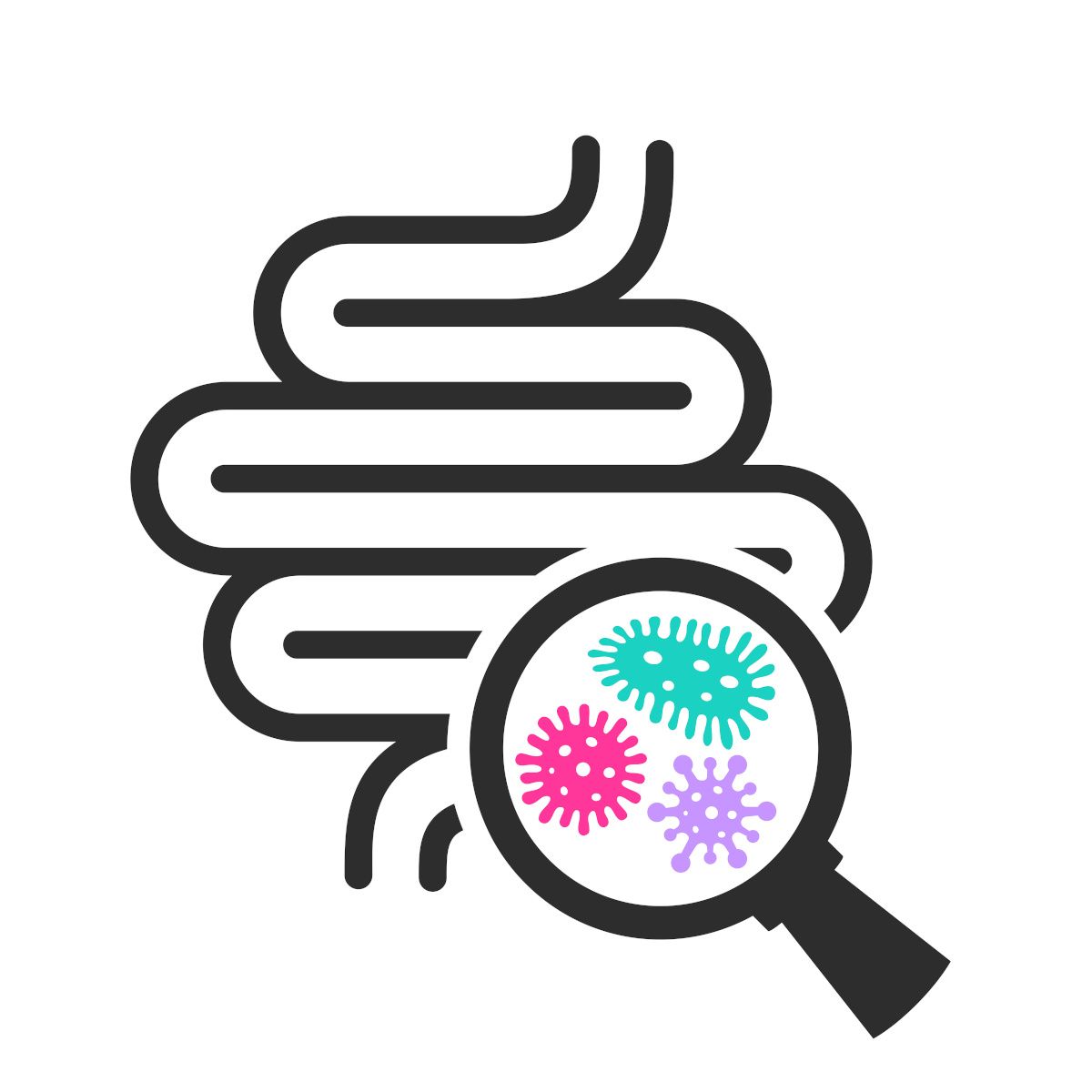Recent study demonstrates potential of a synbiotic formulation for precision microbiome modulation
The study was funded by Prolacta Bioscience and featured its synbiotic consisting of Bifidobacterium longum subspecies infantis (B. infantis) and human milk oligosaccharides (HMOs).
Photo © AdobeStock.com/Arcady

A recent study1 investigated the impact of a synbiotic combination of Bifidobacterium longum subspecies infantis (B. infantis) and human milk oligosaccharides (HMOs) on a dysbiotic microbiome. In the study, researchers induced dysbiosis in 56 healthy subjects using antibiotics for five days. They administered the synbiotic consisting of B. infantis and HMO during and after antibiotic administration. One cohort received only B. infantis to assess B. infantis engraftment without the prebiotic. B. infantis in both groups was administered for 14 days, overlapping with the antibiotic treatment. The symbiotic group received the HMO for 28 days. Control received only the antibiotic without any probiotic or prebiotic.
Subjects receiving B. infantis saw a rise in B. infantis levels after 11 days of supplementation following cessation of the antibiotic. However, on days 21 and 28, researchers observed differences between the cohorts in which those not receiving the HMO experienced a steady decline after dosing ceased. Those receiving the HMO had stable, high levels of B. infantis through day 28. As such, the researchers found evidence of two subpopulations: engrafted and not engrafted. The engrafted subpopulation saw consistent B. infantis maintenance through day 28, while the not engrafted group did not see consistently maintained B. infantis levels. Engrafted subjects also saw significantly higher levels of B. infantis compared to not engrafted, with mean levels of B. infantis at day 14 that were about 5-fold higher than the overall mean of the cohort. When engrafted subjects within the synbiotic cohort were compared to the B. infantis-only cohort, the levels of B. infantis were significantly higher as early as day 11.
Researchers also found that engrafted subjects taking the synbiotic also has significantly higher levels of Lactobacillus and Veillonella, compared to the antibiotic-only cohort, at days 14 and 28, as well as Pediococcus at day 14. The researchers explain that Veillonella is known to consume lactate which is produced by B. infantis during HMO fermentation, potentially explaining the enrichment of Veillonella. The abundance of Lactobacillus may also increase lactate availability and therefore increased Lactobacillus during antibiotic administration may explain the increase in Veillonella as early as day nine in both cohorts. When researchers isolated two Veillonella strains from the synbiotic cohort to evaluate growth and SCFA production in vitro, they found that Veillonella grew and produced propionate and acetate in a lactate-dependent manner. Neither B. infantis and HMO alone supported Veillonella growth or propionate production.
Because of the consistent changes in microbiome composition and metabolic output, the researchers say these results represent “a significant advance toward precision microbiome engineering,” to address conditions such as dysbiosis from antibiotic administration.
“These findings are incredibly exciting, as we are starting to do ecology in the human microbiome,” said Julie Button, PhD, director, non-clinical development at Prolacta Bioscience, in a press release. Prolacta funded the study. “The reproducibility of cross-feeding Veillonella is really striking, as this magnitude of downstream effects are normally seen only when treating patients with antibiotics,” added Button.
“We expect that this human milk-based synbiotic will have the power to repair the microbiome of sick patients using the same biology that establishes a healthy microbiome in infants,” stated Scott Elster, CEO of Prolacta. “We plan to demonstrate what is essentially `Nature’s Microbiome Starter Kit’ in extremely fragile stem cell transplant patients in a Phase 2a clinical trial starting in Q3 2023.”
This will be an Investigational New Drug trial that evaluates the effects of the synbiotic on blood cancer patients undergoing stem cell transplants. These transplants disrupt the gut microbiome and increase the number of disease-causing bacteria, making patients prone to infections and graft-versus-host disease.
Reference
- Button, J.E.; Cosetta, C.M.; Reens, A.L.; Brooker, S.L.; Rowan-Nash, A.D.; Lavin, R.C.; Saur, R.; Zheng, S.; et al. Precision Modulation of Dysbiotic Adult Microbiomes with a Human-Milk-Derived Symbiotic Reshapes Gut Microbial Composition and Metabolites. Cell Host & Microbe, 2023, 31: 1-6. DOI: 10.1016/j.chom.2023.08.004










